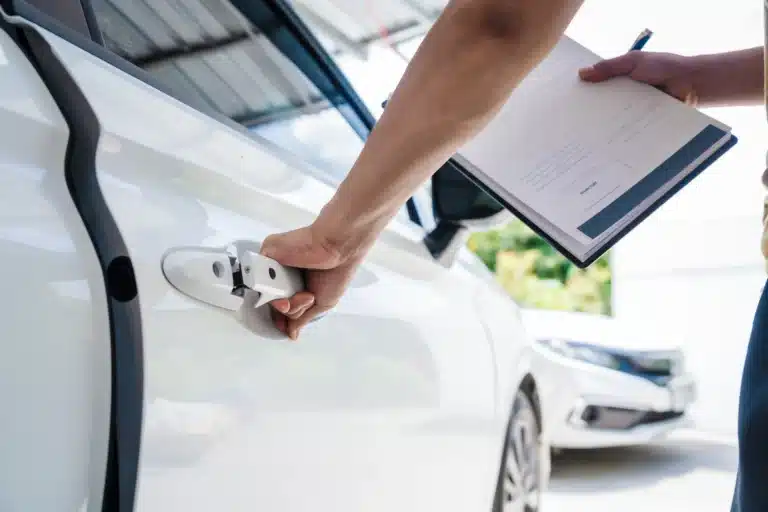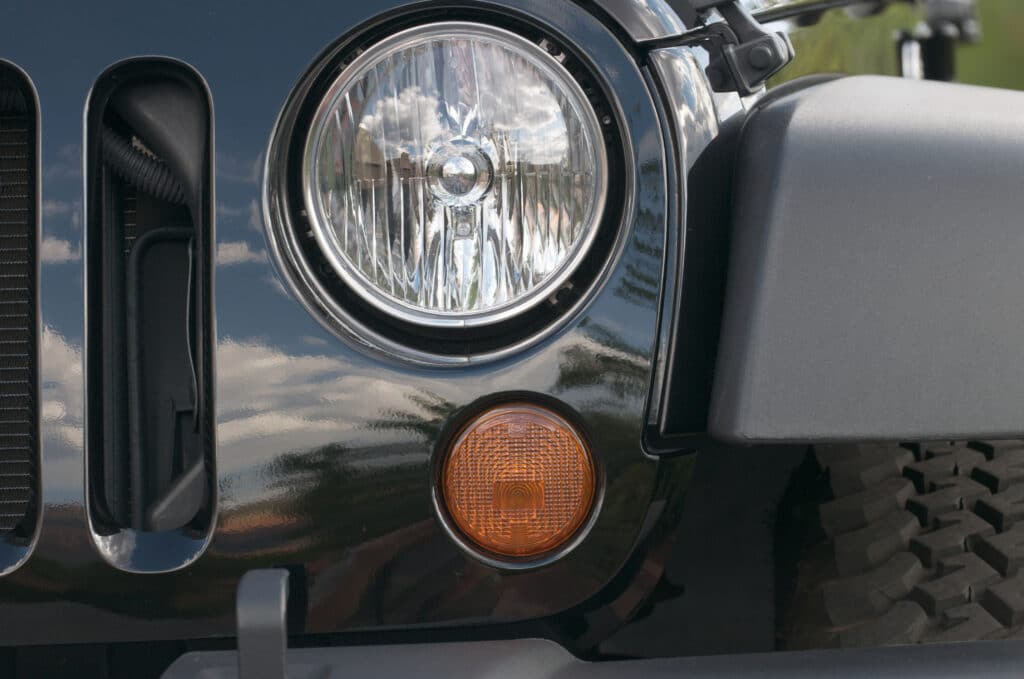Auto Buying Guide: How to Research a Vehicle's History
Home » Auto Buying Guide » Auto Buying Guide: How to Research a Vehicle’s History

Many people in the market for a vehicle favor used cars or Certified Pre-Owned vehicles. For many consumers, this is a cost-saving measure; older, used models often have lower purchase prices and cost less to insure. However, those in the market for used cars should always do diligent research.
Part of that research is getting vehicle history reports on any car that caught your interest. If you can, get the vehicle identification numbers (VIN) of the cars you may want to purchase and search up these vehicles’ history reports. The VIN is a 17-digit code with numbers and letters, and it assigned to every new vehicle sold in the United States. Essentially, the VIN functions like a fingerprint; no two codes are exactly alike.
The vehicle reports can alert you to any red flags surrounding specific cars on the market. Things to look for in a vehicle history report include the following:
- Accident history
- Salvage title
- Lemon buyback title
- Damage from fires, hail or floods
- Where the car has been sold
- Number of previous owners
- What mileage should show on the odometer
- Service history
- Recall notices
Many companies will be happy to charge you for a vehicle history report, but you can obtain nearly all the most relevant information for free at vehiclehistory.gov (to check for open recalls, sales history, reported accidents, and original equipment) and NICB’s VINCheck (to check whether it has been reported stolen or given a salvage title). For data on accidents, it’s important to note that only damage reported to insurance companies will appear on public or private vehicle history reports, so a “clean” report will not always mean that the vehicle has never been damaged in an accident.
By reading through these items on the vehicle history report, you can catch red flags such as lemon law buybacks, odometer fraud, open recalls, vehicle damage and possible title-washing.
Lemon Law Help by Knight Law Group is an automotive lemon law firm that exclusively practices in California, with offices in Los Angeles, San Francisco, Sacramento and Orange County. If you are a California resident who purchased or leased a defective vehicle from a licensed dealership in California, we may be able to help you get rid of your potential lemon and recover significant cash compensation. Model year restrictions apply: 2020–Present vehicle models only.
However, we cannot help those who reside outside of California or purchased their vehicle outside of California unless they are active duty members of the Armed Forces, nor will we be able to refer them to a lemon law firm in their states.
To learn more about the California Lemon Law and your legal rights, visit our guide on the California Lemon Law for more information.
Do You Have A Lemon Vehicle?
"*" indicates required fields
Recent News & Recalls
- Dodge, FCA, Ram, Recalls, Uncategorized





